new at organic gardening
janellelee
15 years ago
Related Stories
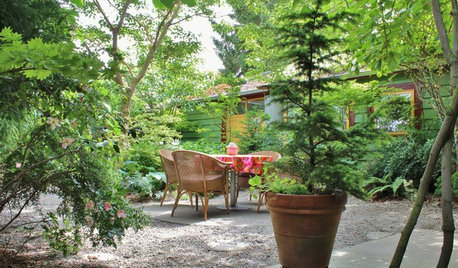
INSPIRING GARDENSFrom Concrete Lot to Gracious Organic Garden in Seattle
Plants, pests and even weeds have a place in this landscape, which offers an edible bounty and a feast for the eyes
Full Story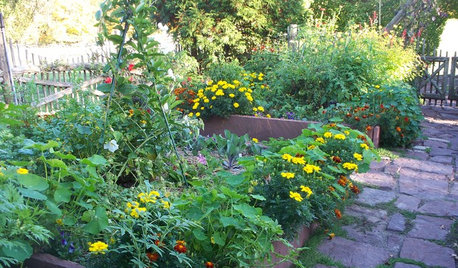
GARDENING GUIDESOrganic Matters: Thwart Insect Pests With Trap Crops
Add a few sacrificial plants to your garden to lure insects away from the harvest
Full Story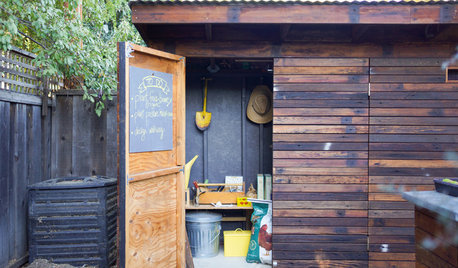
OUTBUILDINGSGet It Done: Overhaul and Organize Your Garden Shed
Consider these tips for outdoor storage space that’s accessible and attractive
Full Story
GARDENING GUIDESHow to Switch to an Organic Landscape Plan
Ditch the chemicals for a naturally beautiful lawn and garden, using living fertilizers and other nontoxic treatments
Full Story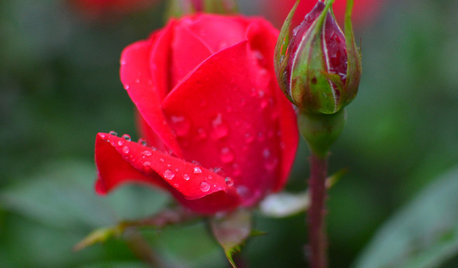
GARDENING GUIDESGreat Design Plant: Knock Out Roses
As glorious as their high-maintenance kin for a fraction of the work, Knock Out roses make even beginners look like garden stars
Full Story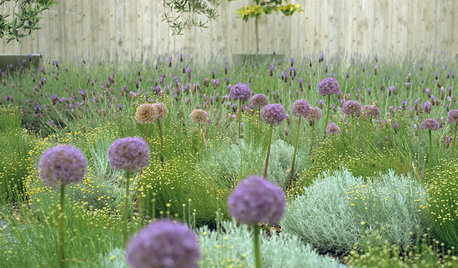
GARDENING GUIDESGreat Design Plant: Ornamental Allium
Lollipop blooms on tall, leafless stems add an architectural element to gardens of all styles
Full Story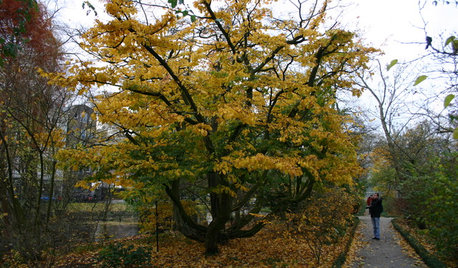
GARDENING AND LANDSCAPINGGreat Design Tree: Persian Ironwood
Plant this unusual deciduous stunner for seasonal interest year-round
Full Story
HOUZZ TOURSHouzz Tour: Bamboo Gardens Inspire a Serene California Home
Organic materials, garden views and clean lines create calm and harmonious interiors for a Pacific Palisades family
Full Story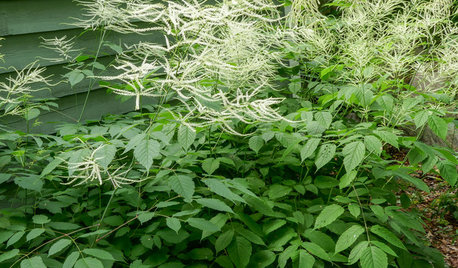
FLOWERS AND PLANTSAruncus Dioicus Is a Stately Plant for Shady, Moist Garden Spots
Plant goat’s beard in perennial and woodland gardens. Its large white spring blooms attract bees, beetles and butterflies
Full Story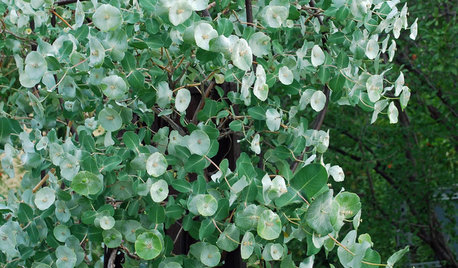
BLUE AND GRAY FOLIAGEGreat Design Plant: Kintzley's Ghost Honeysuckle
Looking for a versatile plant with beautiful color and texture? This unusual honeysuckle may be just the ticket
Full Story



west9491
organicguy
Related Discussions
New at Organic Gardening (and pretty much gardening)
Q
Help with Roses - New to Organic Gardening
Q
Need seed help for new organic garden
Q
new organic garden needs seed help
Q
guardenman
Kimmsr
toogreen
dicot
sirilucky
Kimmsr
dchall_san_antonio
Kimmsr
novice_2009